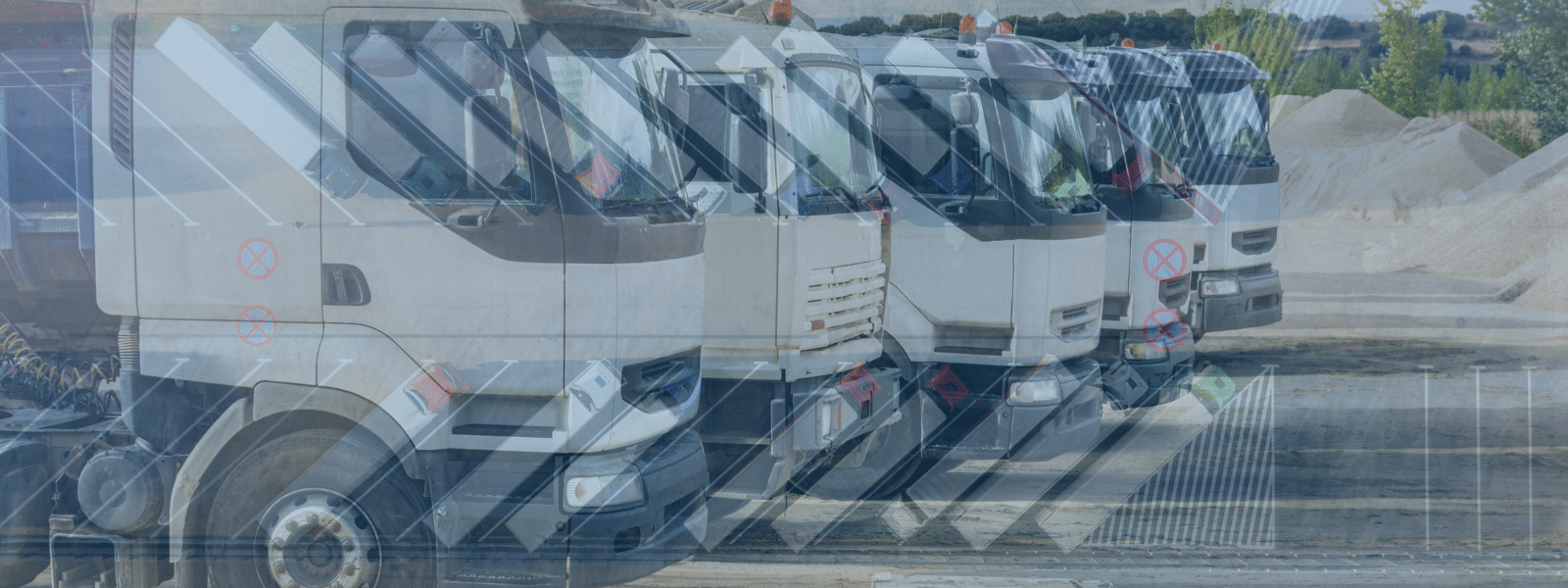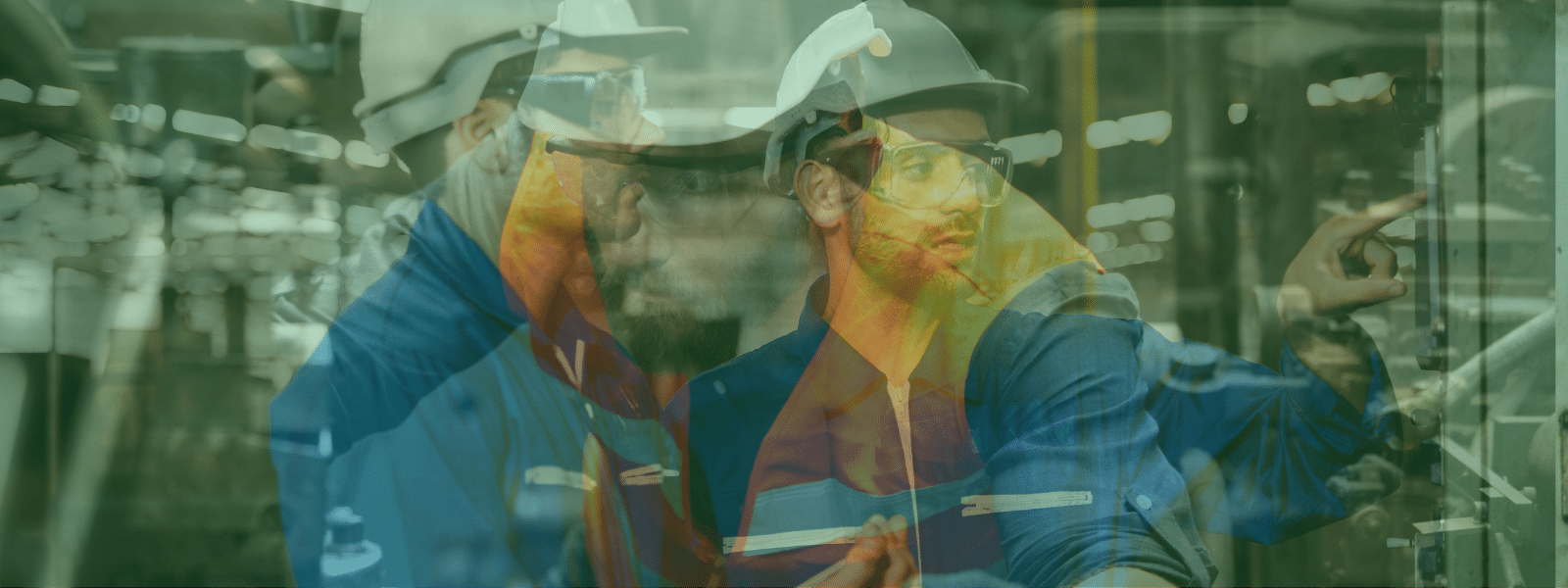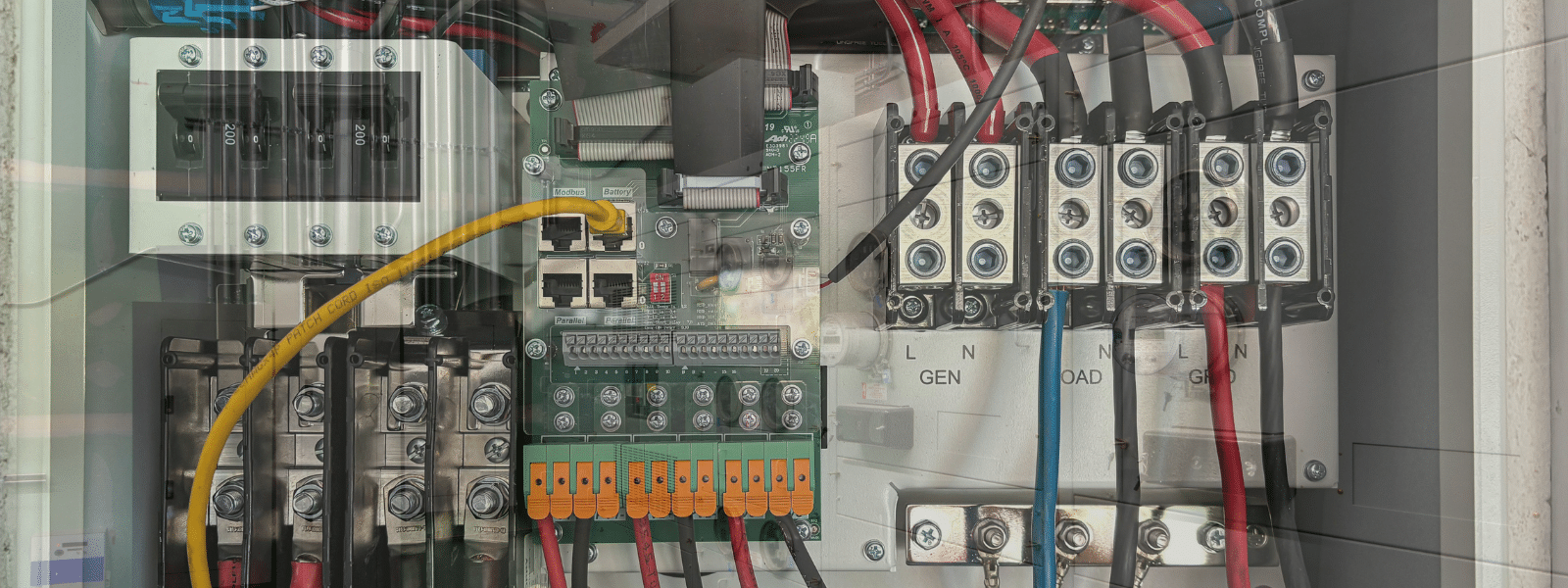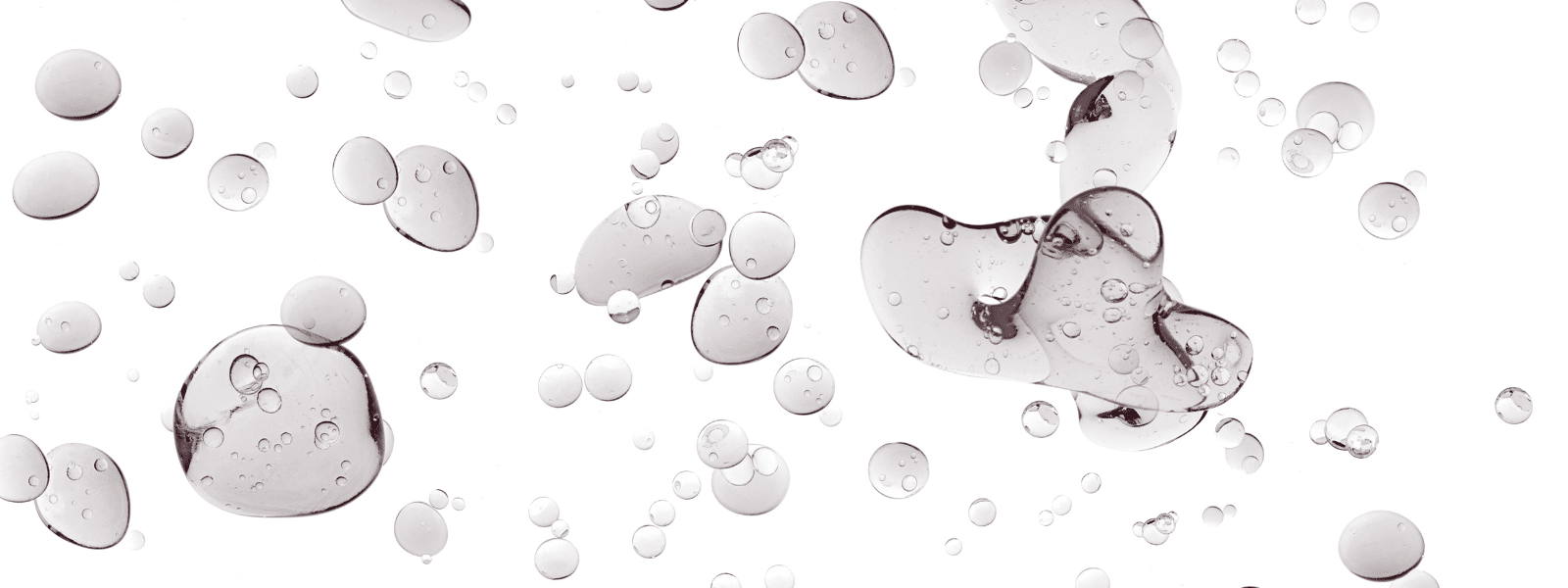Industrial heat treating operations for metal involve the removal of coatings from metal before it enters the furnace. Unless coatings are removed, they are likely to oxidize and tarnish the appearance of the workpieces. This concern is especially pertinent to heat treating stainless steel and other chromium alloys that require a bright, clean appearance for the final application. A chromium alloy is any type of metallic alloy that contains at least 10.5% chromium by mass.
Coatings That Must be Removed
Before it undergoes the heat treating process, metal may need to have several types of coatings removed to ensure the quality of the final product. Some coatings, such as light dirt and grease, can be removed with standard cleaning solvents and degreasers, as long as their ingredients don’t corrode metal. However, metal workpieces — especially used ones that are annealed or hardened to extend their lifespan — can also contain some rather tough coatings, such as:
- Industrial grade decals
- Commercial grade paint
- Patches of rust
- Accumulations of tar
- Accumulations of bitumen
- Heavy residue from engine fluids
In some cases, parts that are extensively rusted may require a grinding procedure or a sandblasting procedure to effectively remove the stable layer of oxide. However, most tough coatings can be removed with industrial coating removers, such as adhesive removers, paint removers, tar removers, non-residual degreasers and organic accumulation removers — all products that you can conveniently order from the inventory in Ecolink’s online store.
Need for Custom Coating Removers
When it comes to removing coatings from metal alloys that must have a lustrous appearance after they exit the furnace, it’s especially important to avoid the use of certain products, particularly ones that contain hydrochloric acid (e.g., bleach), chlorine (e.g., carbon tetrachloride) and professionally or amateurly formulated vinegar mixes. Despite having an organic profile, the high levels of acid in white vinegar can still have a corrosive effect on some chromium alloys.
At Ecolink, we offer coating removers that feature a more eco friendly, less corrosive chemical profile than conventional coating removers. Depending on your heat treating needs, you may find that you can implement our readymade solutions without negatively affecting the workpieces. However, if it turns out that our pre-made products don’t meet your coating removal needs, we can use our expertise in chemical composition to create a custom solution that works perfectly.
Are Custom Products Cost Effective?
Because they are specially formulated and tested to meet a specific set of conditions, custom industrial coating removers often cost more per volume than their conventional counterparts. However, when you consider how they boost the productivity of the coating removal process, and how they prevent the need for post heat treating polishing applications to restore vitality to a surface that is chemically corroded, using the products often delivers a quite favorable ROI.
Contact Ecolink Today
Ecolink understands the role of industrial coating removers in the heat treatment of metal. Whether you need to remove coatings from stainless steel, carbon steel, or another type of metal, we offer industrial coating removers that make the job easier. We can also create a custom coating remover to address your specific needs if that is what you require.
For more information about our coating removal products, call us today at (800) 563-1305, or refer to the contact page on our website. We look forward to assisting you!















